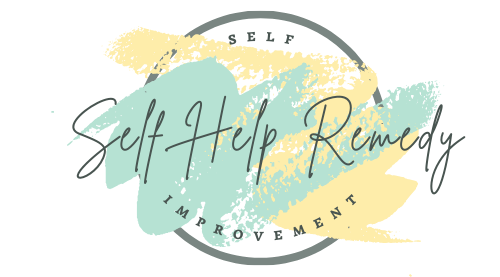Healthy Ways To Cope With Grief
Grief is an inescapable part of life. It is the emotional suffering you feel when something or someone you love is taken away. The pain can be overwhelming, often accompanied by a host of other emotions, from shock and anger to disbelief, guilt and profound sadness. The experience of grief can disrupt your physical health, making it difficult to sleep, eat, or even think straight.
It is critical to recognize that grief is deeply personal. Your experience of loss will be different from someone else’s. While you may be familiar with the concept of the ‘stages of grief,’ it is essential to understand they do not happen in a neat sequence. Instead, they are more like a range of experiences that come and go, sometimes unexpectedly.
Although it might be tough, confronting your grief is the FIRST STEP towards healing. Ignoring your pain or locking it away can prolong the grieving process. Denial might seem like a refuge, yet it is only a temporary shelter, and facing up to your loss is part of caring for your mental health. Grief is not a problem to be solved or an illness to be cured, rather a process to be navigated with compassion for oneself.
As you come to the end of this section, consider how the following strategies in the next part can be constructive in moving forward. Self-care, obtaining social support, finding creative outputs, and perhaps seeking professional help will usher you into a phase of ACTUAL HEALING. These are not just buffers against grief, but active tools in crafting a resilient, forward-moving self in the aftermath of loss.
Healthy Strategies to Navigate Through Grief
I have learned the hard way that dealing with grief is less about ‘getting over’ a loss and more about finding ways to navigate the intense emotions that come with it. It is about carving out a path through the darkness to reach a place where the pain is manageable, and the memories bring more comfort than hurt. Here are some strategies I have found beneficial in this endeavor.
Self-care is an anchor in the stormy seas of grief. It sounds simple, but ensuring you get enough sleep, eat nutritious foods, and engage in physical activity can profoundly affect your emotional well-being. Sleep can be elusive when your mind churns with ‘if-only’ and ‘what-ifs,’ but it is crucial for healing. Likewise, physical exercise can act as an emotional release, helping to alleviate some of the heaviness that comes with grief.
The importance of a solid support system cannot be overstated. Sometimes, the best way to weather a storm is with others by your side. Friends, family and grief support groups offer different perspectives and remind you that you are not alone in your sorrow. They provide a safe space to share your feelings and may offer practical advice from their own experiences.
Some find solace in creative expression. Whether it is through writing, which allows you to articulate your feelings, music that gives voice to your emotions, or art that helps to externalize and process your grief, creativity can be a powerful tool for healing.
And remember, it is okay to seek professional guidance. Therapists and counselors are trained to navigate the complex emotions that accompany loss. They can provide personalized strategies that help manage grief. Especially if you find everyday tasks overwhelming or if your grief feels like an insurmountable obstacle, reaching out for professional help is a WISE and BRAVE step.
Finding Meaning and Growing Beyond Grief
Grieving is not only about coping; it is about transformation. It is about stitching a new pattern into the fabric of your life, where the loss becomes part of your story, yet not the defining part. Integrating the experience into your life can pave the path to personal growth.
You might seek to honor the memory of a loved one in a way that is meaningful to you. Some find solace in creating memorials or engaging in charity work that aligns with their loved one’s values. It is a powerful step that keeps their spirit alive and adds a layer of purpose to your actions.
There is a significant value in allowing yourself to find joy again. It does not mean you have moved on from your loved one; rather, you have moved forward with their memory etched into your heart. Whether it is returning to hobbies you once loved or finding new interests, these activities can mark the beginnings of a life reconceived.
Do not rush this journey. Be patient and kind to yourself as you adapt to a new normal. Your life after loss will be different, yet through resilience and time, you can redescribe meaning to what may feel like a fragmented narrative. The process might feel slow and that is okay. Healing is not about erasing grief; it is about learning to live with it in a way that brings peace.
As you take these steps, know that it is not a linear process. Some days will be harder than others, and that is a natural part of healing. Over time, you will build a new mosaic of experiences, relationships and memories, all while keeping the love for your lost one secure in your foundation.


